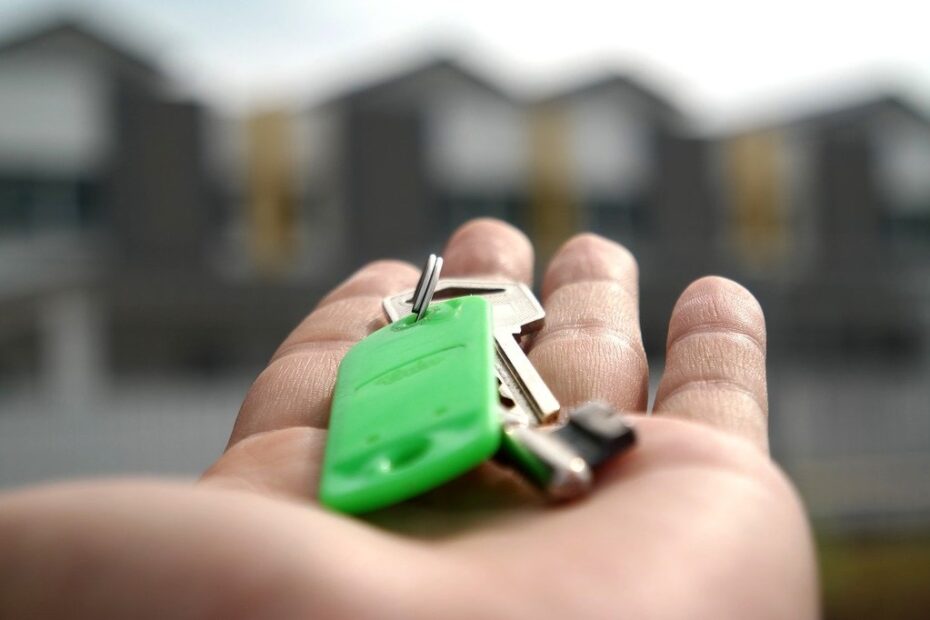Buying your first home is a big step forward in your life. This is always part of your life plan and the best part is it helps you gain equity. If you dream of a massive house, but you may not be ready for that right away. However, being a first-time home buyer is the reason you got to start somewhere first. Here we will take you through some steps that you may want to consider
- Call Your Mortgage Broker
Top BC mortgage broker Kuljit Chhaitra in South Surrey says, “It is always a good idea to discuss with your mortgage broker to how much you qualify for that way you know what is in your price range when you go hunting for a home.” This way you know what is in your budget and can save for other costs of home ownership.
- Do You Know the Costs?
There are costs called upfront costs and then ongoing costs. Upfront costs include your down payment, property transfer tax, closing costs and any applicable taxes. Ongoing costs of home ownership include mortgage payments, property taxes, insurance, utility bills, any applicable strata fees and repairs or maintenance.
- Choose a Realtor
Choosing a realtor will help you ensure you get the right house at the right price. You may want to choose someone you trust or that works around your neighborhood. They will assist you in your home search and make it less stressful when you are looking around.
- Down Payment Required
Whether you are putting down the minimum of 5% or more, your mortgage broker can check how much you can qualify for. If you put down less than 20% down payment, default insurance will be required whether it is from CMCH, Genworth or Canada Guaranty to protect the investment. You may access your savings or may decide to withdraw your RRSPs. You can with draw up to $35,000 individually towards the down payment which a great option for first-time home buyers. If you choose this option you will have 15 years to pay it back and can defer these payments up to two years if needed. Another option is to transfer funds from an immediate family member with a signed Gift Letter that will state the money does not need to be repaid back. Usually, a parent is the best immediate family member to obtain funds from.
- The Purchase Process
- Mortgage Qualification- This process provides an estimate of how much you can qualify for based on your financial situation. That way you know what price range you can look for.
- Mortgage Pre-Approval- This process involves you providing your broker with financial documentation. This will help determine the maximum mortgage you can qualify for, monthly payment and your mortgage rate. Always keep in consideration closing costs and if any applicable property transfer tax. The pre-approval is not a commitment to a lender, but does lock your rate in for 90-120 days that way if it increases you will get the lower rate or if the rate decreases you can grab the lower one.
- Realtor-The realtor can now look for the right home knowing the price range you qualify for. Once the offer is accepted by the seller, the realtor will provide all the documents to the mortgage broker.
- Mortgage Approval-You may need to provide updated or additional documents to meet lender conditions. These can include recent paystub, down payment history from your bank account for 90 days and the purchase contract and documents. It is always best to refrain from pulling any credit until you have completed your purchase such as purchasing a new car. Always consider applying for mortgage protection that your broker will discuss with you.
- Closing-You will sign all other documents at your lawyer. The lender will give the money to the lawyer will direct you to bring in the amount that includes your down payment and closing costs. Closing costs can be anywhere typically from 1-2% of the purchase price. The money you give to the lawyer is usually by a bank draft. The lawyer will pay the sellers and register the new home in your name.
Congratulations! You are a home owner. The realtor will now give you the keys to your new home!
